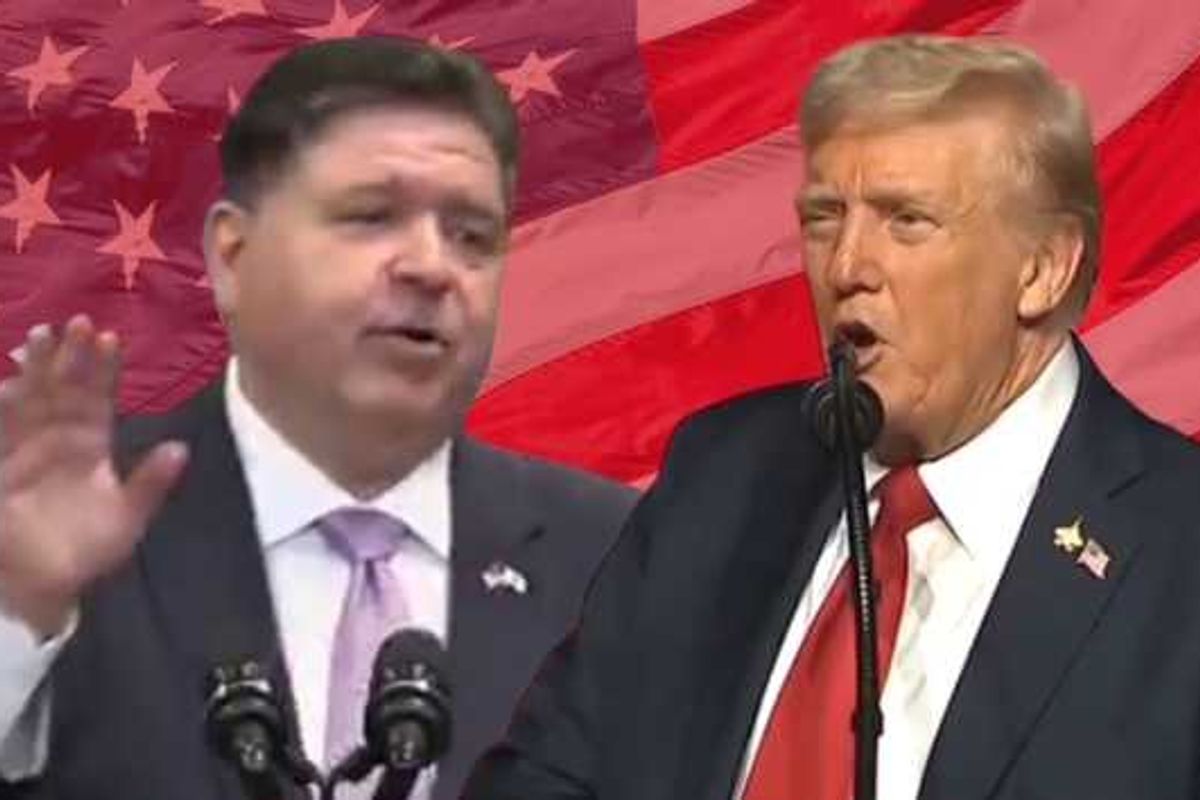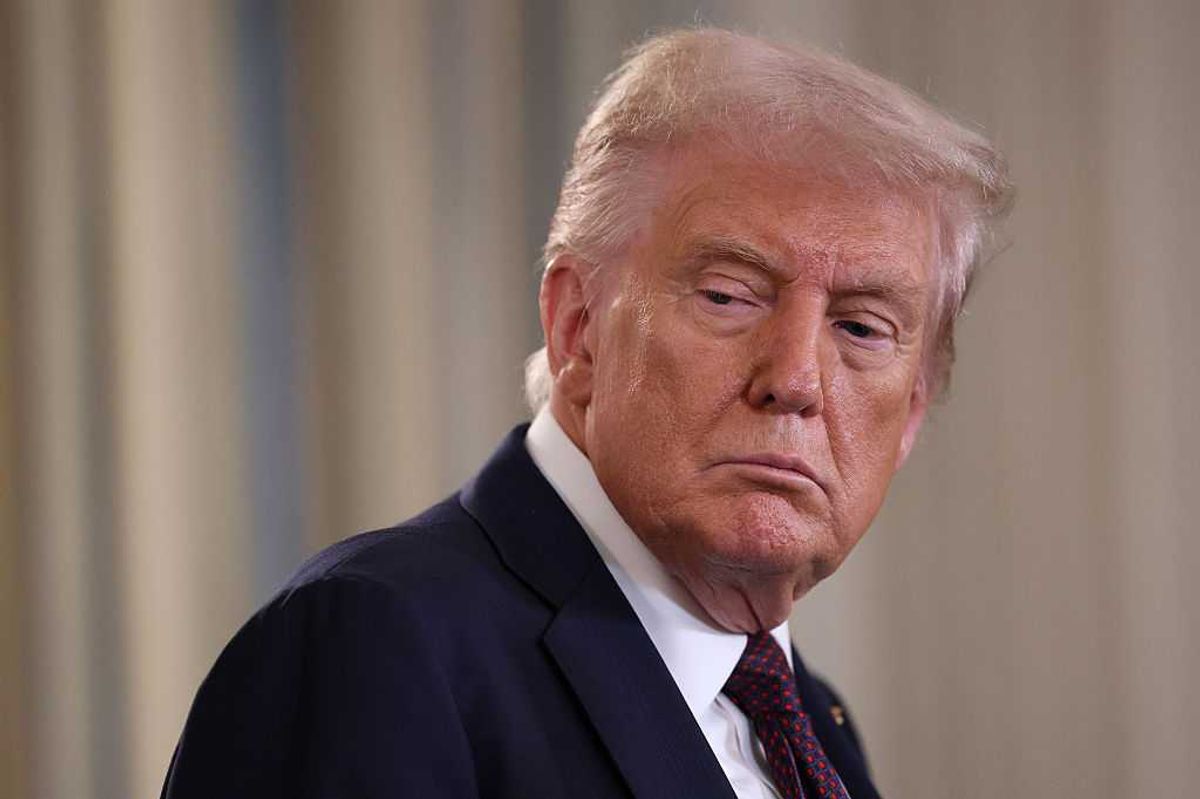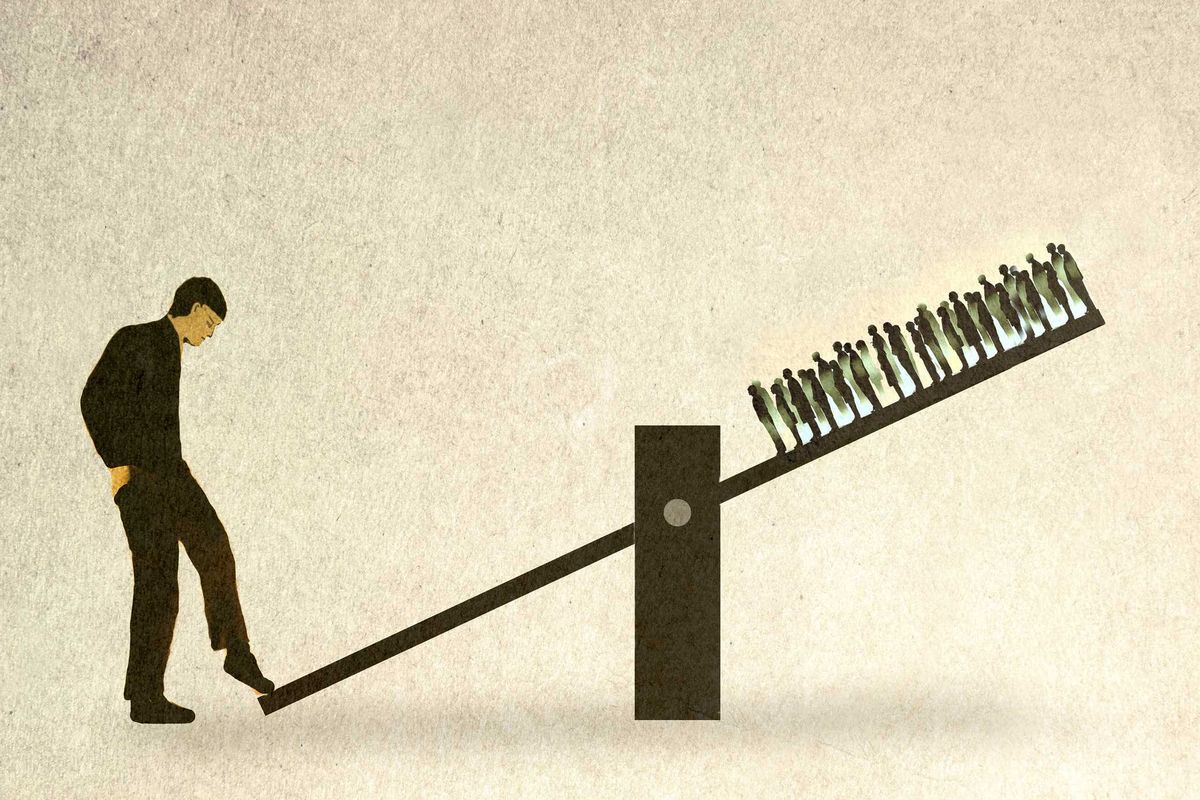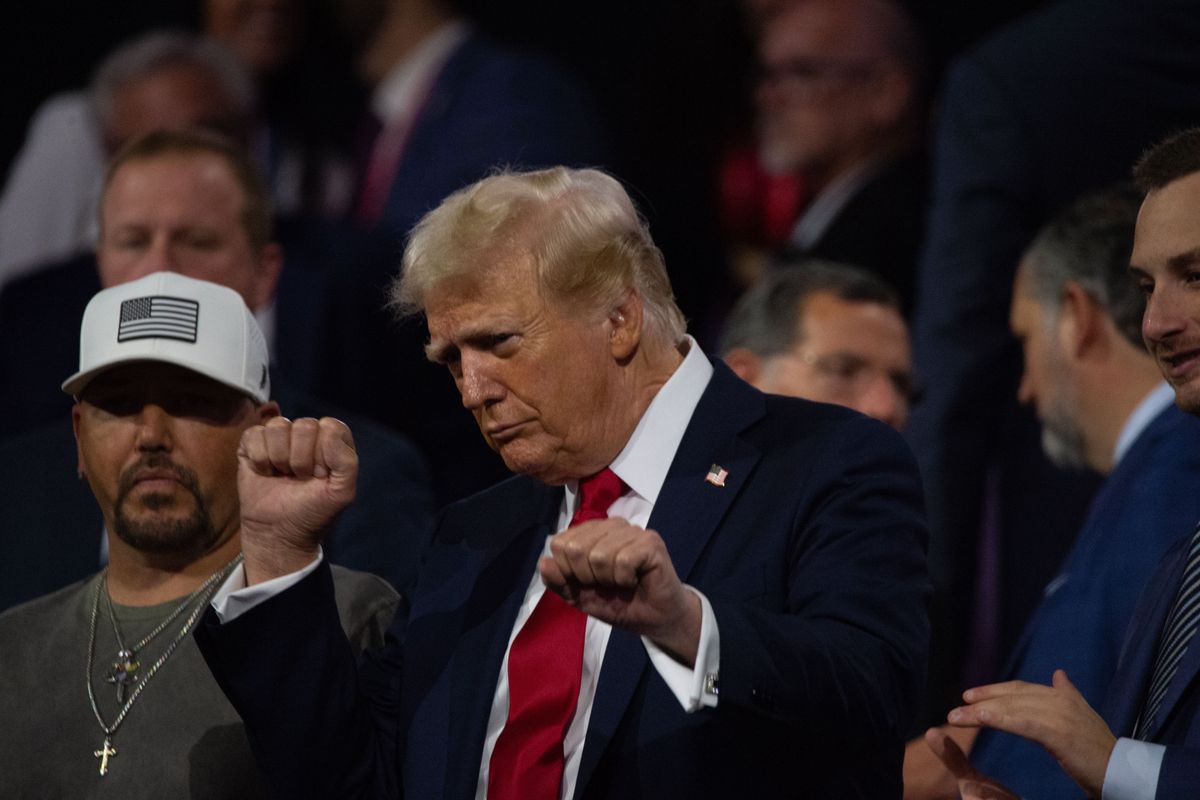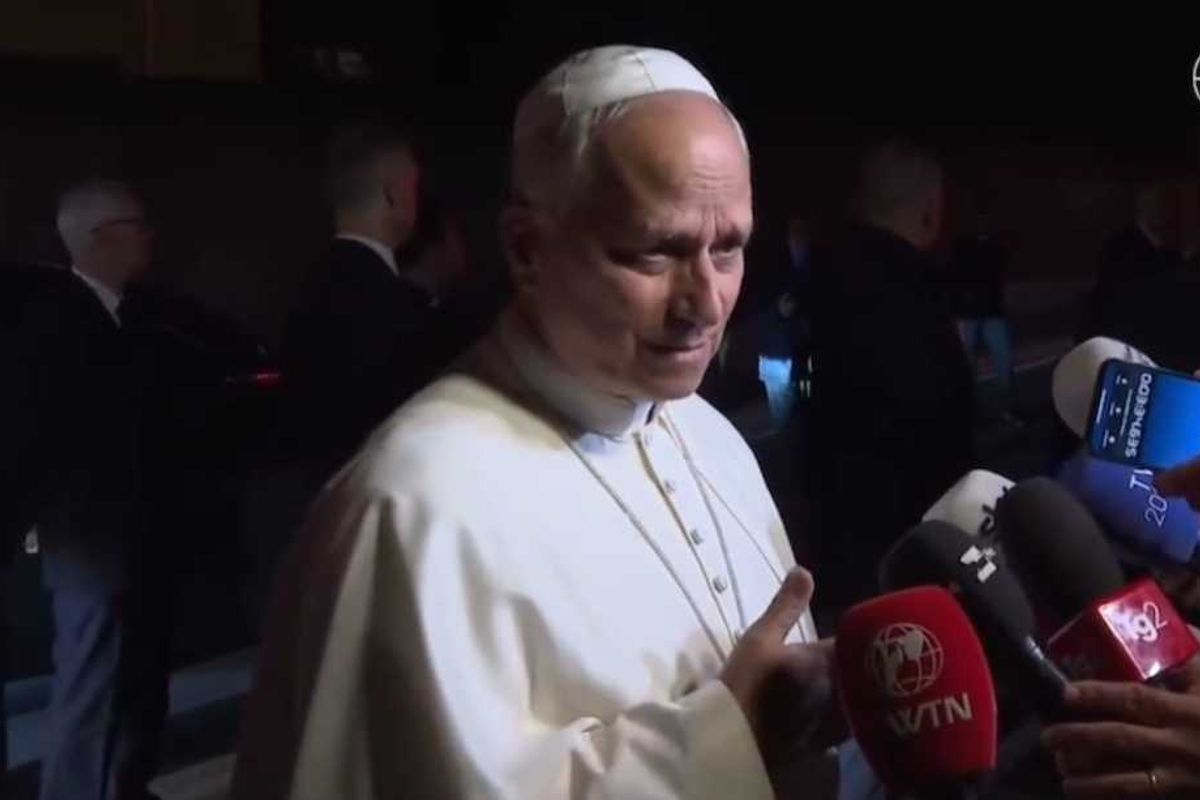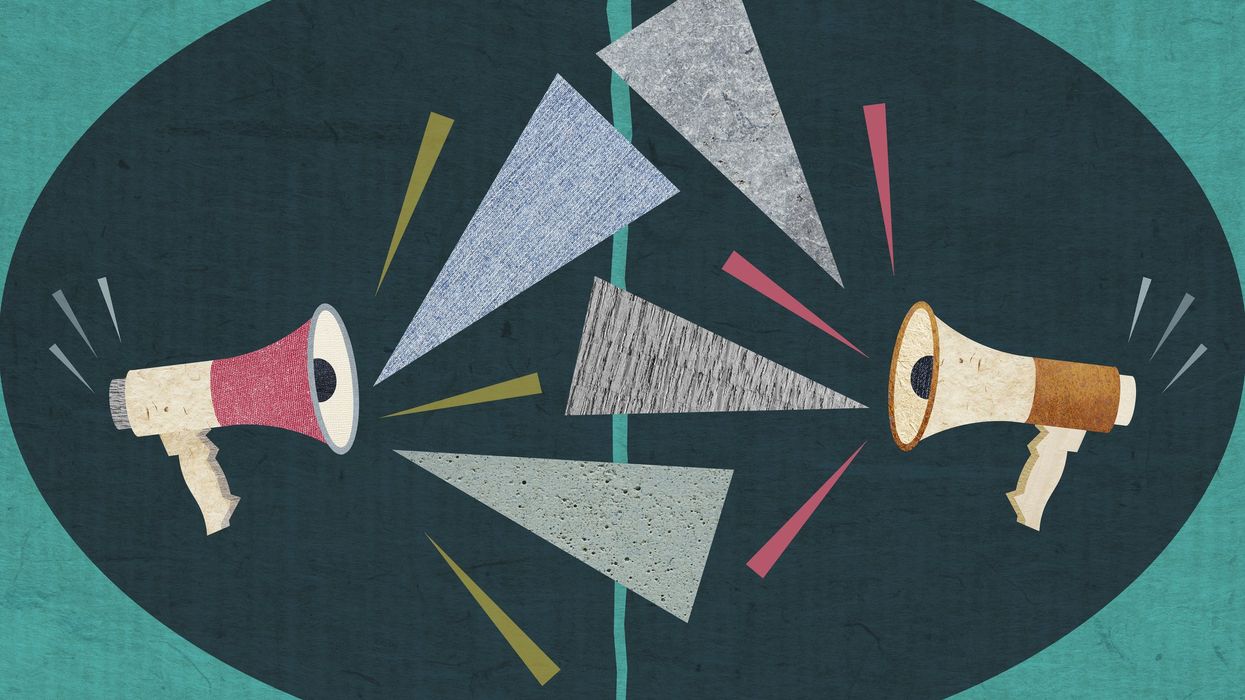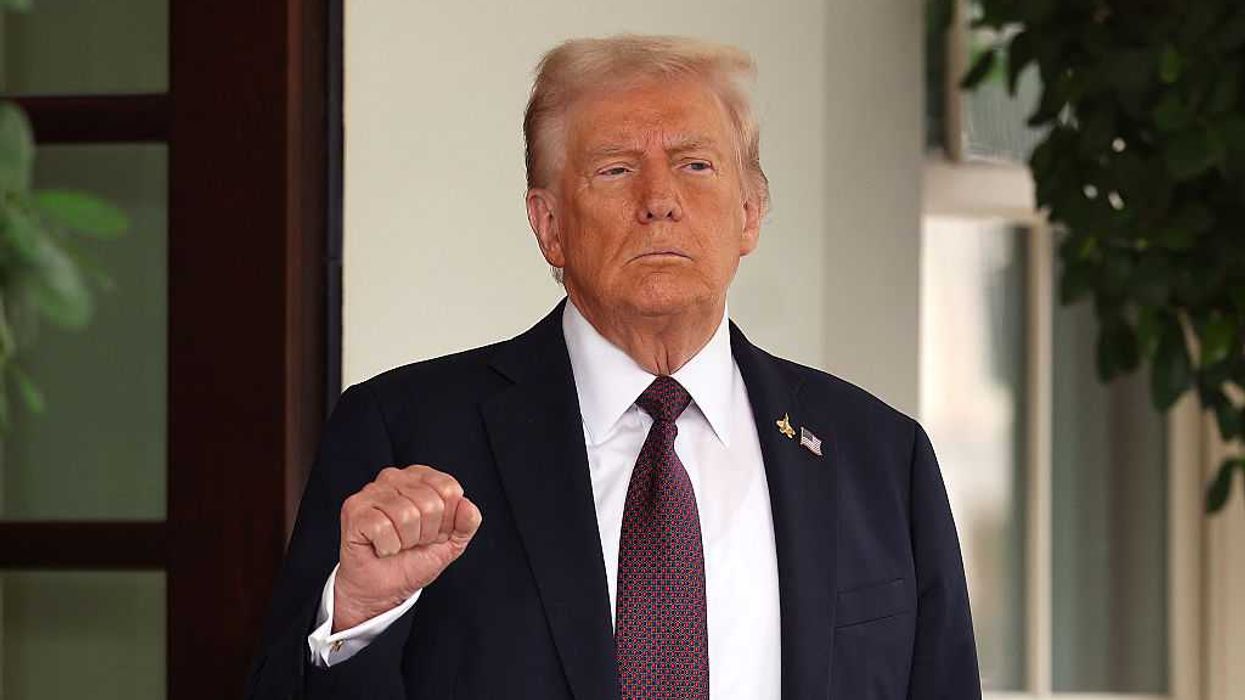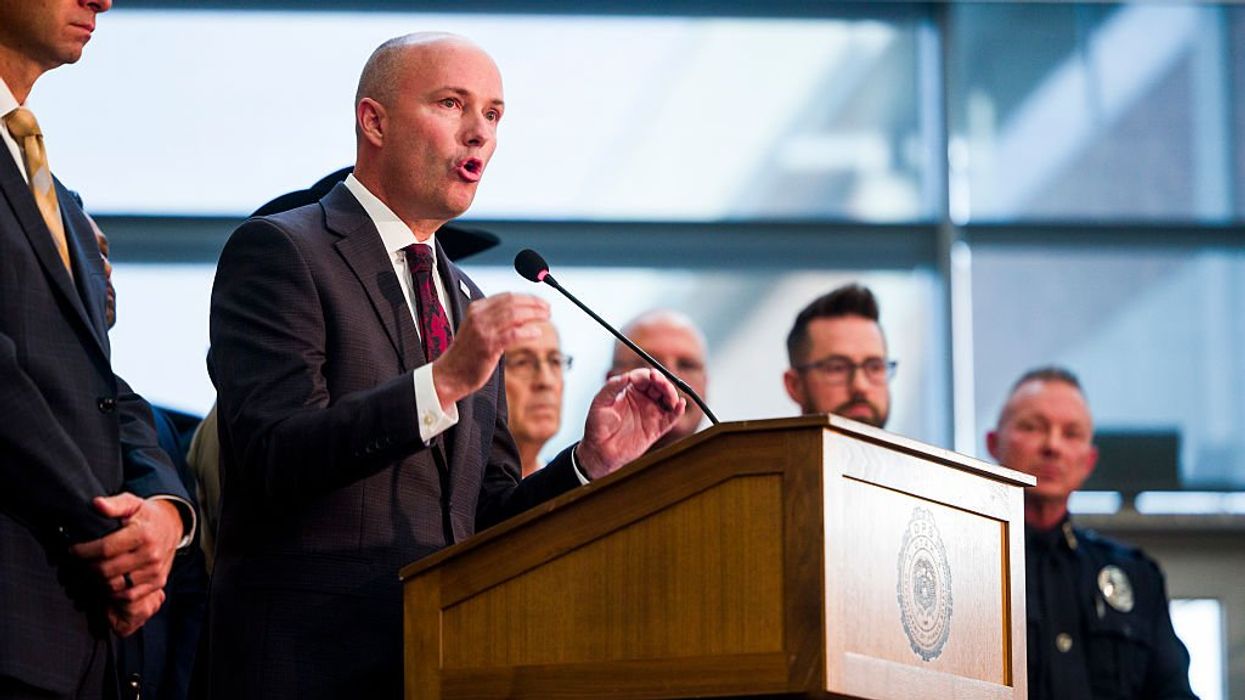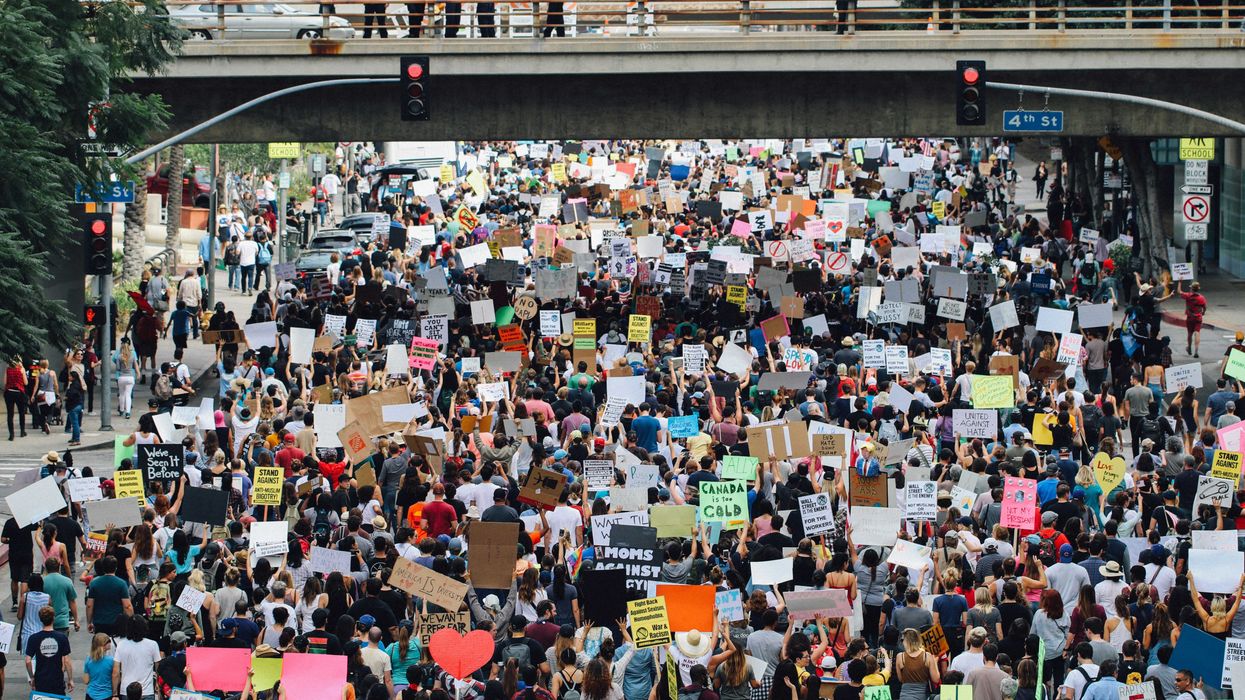At a time when polarization often drowns out nuance, a new report from More in Common titled “Shared Ideals, Divergent Realities” offers a revealing portrait of Americans’ views on democracy in the Trump era. Despite a political climate dominated by division and distrust, the findings underscore a striking and perhaps hopeful truth: Americans across the political spectrum still overwhelmingly support democracy and constitutional norms. The danger lies not in disagreement over those ideals but in our profound divide over who—and what—endangers them.
The report, based on a representative national survey and in-depth qualitative interviews, shows that 63% of Americans—including 69% of Republicans and 79% of Democrats—believe democracy is “definitely the best” form of government for the United States. Over 70% agree the president should always act within the bounds of the Constitution, even if it limits his ability to get things done. These are not small numbers. They reflect shared civic values at a time when such agreement often feels out of reach.
But while Americans agree on the importance of democracy, they diverge sharply on how to apply it—particularly when evaluating the actions of President Trump. For most Democrats, Trump’s return to power signals a clear threat to democratic norms. Nearly 80% believe he aspires to become a dictator. By contrast, 60% of Republicans say it is the courts—not the presidency—that pose the greater threat to democracy. In this mirror-world divide, the same actions are interpreted either as anti-democratic power grabs or as much-needed efforts to root out corruption and inefficiency.
Federal budget cuts by the Trump administration exemplify this split. Most Republicans view them as responsible governance—long overdue trims to bloated bureaucracies. Many Trump voters express genuine frustration with wasteful spending and see the cuts as fulfilling campaign promises. Yet even within the Republican base, some express unease with the execution. They worry about chaos, lack of planning, and unclear criteria. “I agree that some cuts are needed,” one independent Trump voter from Ohio notes, “but not in the haphazard methods deployed at the start.”
Democrats, meanwhile, view the same cuts through a lens of fear and suspicion—seeing them as politically motivated attempts to undermine government capacity and redirect resources to Trump’s allies or private interests. “Many of the cuts have been done as political retaliation,” says one Kamala Harris voter from Connecticut, “just for a headline.”
The research also captures a significant warning signal: overall, Americans are more concerned than confident about the health of democracy under Trump. This concern is strongest among Democrats and Independents, nearly half of whom believe Trump harbors dictatorial ambitions. Even among Republicans, a noteworthy minority—23%—say Congress isn’t doing enough to provide oversight of the executive branch.
And here lies another emerging fault line: the role of Congress. While many Trump-aligned respondents say Congress is acting appropriately or should defer to the president, others from across the spectrum express alarm at legislative passivity. A lack of visible checks and balances, some argue, creates fertile ground for democratic erosion.
This isn’t just about policy; it’s about trust, legitimacy, and the mechanics of governance. Americans of all political stripes want leaders to respect the Constitution and uphold democratic rules—but differ dramatically on who is breaking them and why. These divergent interpretations challenge advocates of democracy reform to move beyond sweeping, partisan warnings and instead speak to shared values and specific concerns. The report urges those working to defend democracy to “focus on moments and issues that evoke bipartisan unease,” rather than blanket condemnations.
In other words, this is not the moment for alarmist rhetoric. It is a moment for precise engagement. Most Americans, even many who support Trump, do not want to throw away the guardrails of our constitutional system. They are not immune to democratic concerns—they just may not see them where others do. That’s not apathy. That’s perspective.
To bridge these realities, we must anchor the pro-democracy movement not just in defending institutions but in listening. We must ask: What do different Americans believe the government should do? What do they fear losing? And how can we meet them in those spaces of shared concern?
The public doesn’t need to be convinced that democracy is worth saving. They already believe it. The challenge is showing—clearly, calmly, and credibly—when and how it’s being undermined. Only then can we shift from abstract ideals to a renewed civic commitment strong enough to weather even the most divergent of realities.
Read the full report at moreincommonus.org.
Kristina Becvar is co-publisher of The Fulcrum and executive director of the Bridge Alliance Education Fund.
